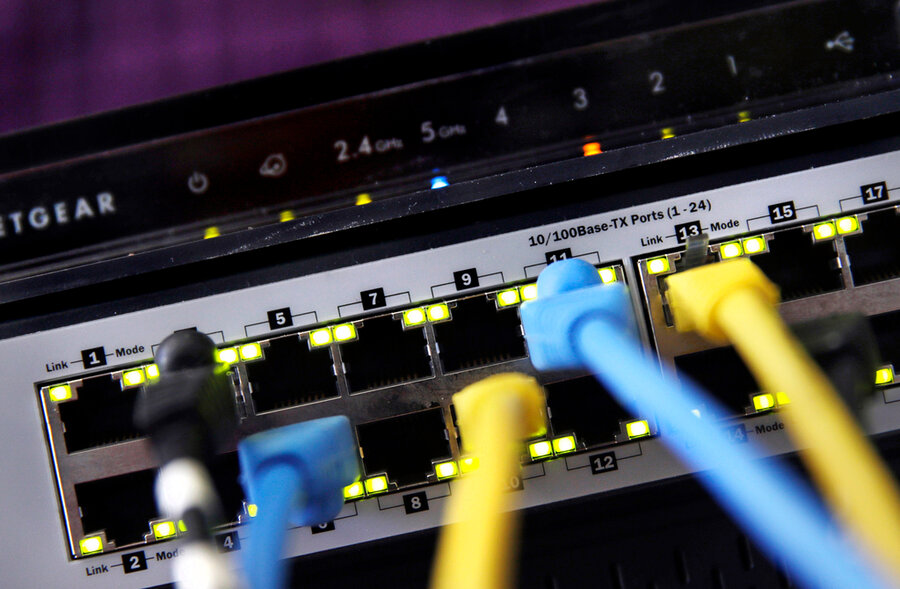An American nod to European privacy
Loading...
Each year, Europe and the United States conduct business worth $7.1 trillion across the Atlantic, much of it in digital information. But that bounty has always come with a risk to the privacy of consumers – something that has eluded the two sides for decades. They may now have a solution. Yesterday they completed a deal that means tech giants like Meta and Google can continue to store the private data of European consumers on computer servers in the U.S. For that to be possible, the agreement had to overcome legal and cultural differences about a cornerstone of democracy: trust.
“I have worked tirelessly with my US counterparts to ... ensure that technological advances do not come at the cost of Europeans’ trust,” said Didier Reynders, the European Union’s commissioner for justice. “But as close like-minded-partners, the EU and the US could find solutions, based on their shared values, that are both lawful and workable in their respective systems.”
The agreement, known as the EU-U.S. Data Privacy Framework, grows out of two previous agreements that were overturned by Europe’s highest court. In 2015, for example, the court overturned a so-called safe harbor agreement because it failed to protect the online information of European consumers from U.S. government access.
The new deal incorporates provisions from an executive order President Joe Biden issued last fall that gives individual European citizens a right to initiate an official inquiry if they suspect their data has been improperly collected by U.S. intelligence agencies. It also sets up an independent review board to hear such appeals.
In Europe, privacy is “an absolute fundamental right” enumerated under law. In the U.S., the right to privacy has been established differently – by regulations, executive orders, and court decisions. That status makes Americans as nervous as it does Europeans. A poll conducted by the International Association of Privacy Professionals last year, for example, found that 56% of Americans across the political spectrum support legislation establishing privacy as a federal right – including a proposal to prevent social media companies from using personal data without consumers’ permission.
Privacy, says Neil Richards, a law professor at Washington University in St. Louis and author of the 2021 book “Why Privacy Matters,” is an anchor for values that move societies beyond fear and uncertainty. “Privacy matters because it lets us authentically develop our identities as humans, it safeguards our political freedom and autonomy as citizens, and it lets us participate in and trust the digital economy as consumers,” he said last year in a interview in The Markup, a news website devoted to technology.
Although the new framework includes an annual review mechanism to evaluate whether it is properly balancing and safeguarding the privacy concerns of individual Europeans, it is likely also to face legal challenges from the same advocacy groups that successfully challenged previous iterations. Its immediate impact, beyond lifting economic uncertainty, is to affirm the value of individual agency and identity in the control of personal data.





